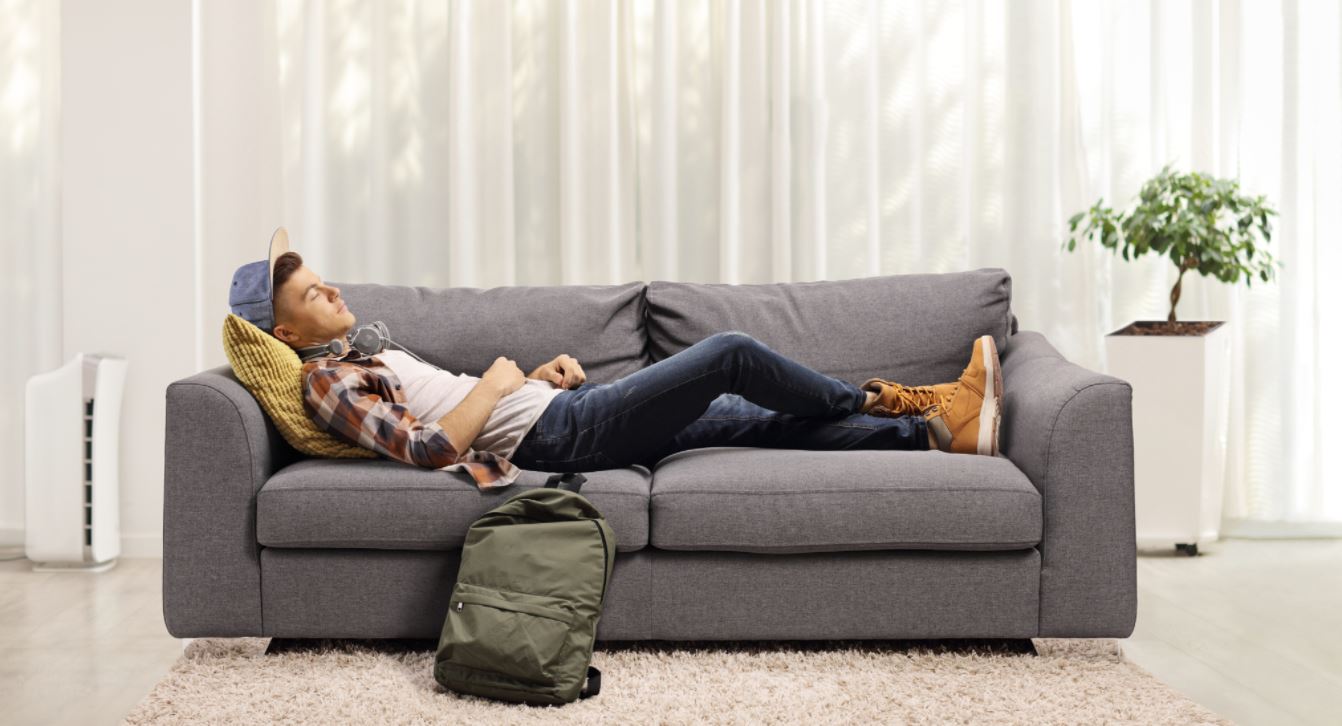The 94 classified sleep disorders are not always to blame
In the world of medicine, Sleep Medicine is a relatively young subspecialty, but it’s evolving at a rapid pace. Sleep Medicine is a subspecialty of practice and research devoted to understanding sleep and its complicated importance in our overall health, as well as treatments for the sleep disorders keeping you from a good night’s sleep.
The recent list of sleep disorders, the International Classification of Sleep Disorders (ICSD-2), cites 94 known sleep disorders. But what if it’s not a sleep disorder keeping you awake? What if it’s just the misconceptions you believe about your sleep? If you believe any of the untruths below, it may be time to rethink sleep.
I NEED 8 HOURS OF SLEEP PER NIGHT. [UNTRUE]
The truth is, even if you’re not getting that many hours (and studies show many of us are not), this is a myth disguised as a guideline. Sleep experts can only seem to agree that healthy sleep hours range from 6.68-10 hours of sleep per night, depending on the person. Your optimal sleep duration requirement is largely determined by heredity. And ‘Long Sleeper’ and ‘Short Sleeper’ are both listed as sleep disorders in the ICSD-2, meaning you may need more or less than the standard eight.
I CAN TRAIN/TEACH MYSELF TO SLEEP LESS. [UNTRUE]
Because our heredity plays such a large part in our sleep needs, we are unable to train ourselves to sleep less. Though you may test various lengths of sleep to find your optimal amount, you will not be able to convince your body that less is needed. Sleeping your optimal amount is only one-third of the “magic.” Dr. Clete Kushida, MD, PhD, FAASM explains, “A truly restorative sleep depends on duration as well as continuity and depth of sleep.” It’s a three-pronged approach to obtaining the perfect amount of sleep.
I CAN SLEEP ANY TIME, AS LONG AS I GET THE
HOURS IN. [UNTRUE]
Following your body’s circadian rhythms is important. This means sleeping at your body’s optimal and natural time. Preserving regular circadian rhythms have been found to lower the risk of sleep disorders, mental health disorders and chronic health issues such as obesity and diabetes. Professor Debra J. Skene of the University of Surrey, UK has over 25 years research experience studying human circadian rhythms in health and disease. Dr. Skene explains, “Synchronization between our body clocks and the external environment ensures optimal timing of events. If there is misalignment between the circadian timing and behavior, such as during night shift work or following travel across time zones, then one is sleeping and eating at the wrong time of day. This has acute consequences (daytime sleepiness; reduced performance and increased risk of accidents) as well as long term consequences (increased risk of metabolic disorders, cancer).”
SLEEP DISTURBANCES ARE HARMLESS. [UNTRUE]
Untreated sleep disorders causing multiple wake-ups have been linked to several chronic diseases, mood disorders, anxiety and more. Poor sleep affects every aspect of life, including one’s vitality and general outlook. Symptoms of excessive daytime sleepiness predispose the growth of traffic accidents, traumatism in the workplace and the development of mental illness. In addition to the multitude of health risks that accompany sleep disturbances, a study by RAND found that lack of sleep is costing the U.S. economy
$411 Billion dollars per year. The data can be found in droves, and it all explains why sleep disturbances have consequences many of us do not consider. Sleep disturbances should be placed at the same level as other health concerns.
SLEEP IS A WASTE OF TIME. [UNTRUE]
In a culture that works 24/7, sleeping can seem like a low priority. But in reality, by sleeping your optimal amount, you will push yourself ahead by functioning your best. Research shows again and again how sound sleep can improve memory, cognitive function, academic performance in children, sports performance, mental health and even beauty. But until we place sleep at the top of our priority list, it will always seem there just isn’t time for this routine activity. And that’s the hard truth about sleep.



